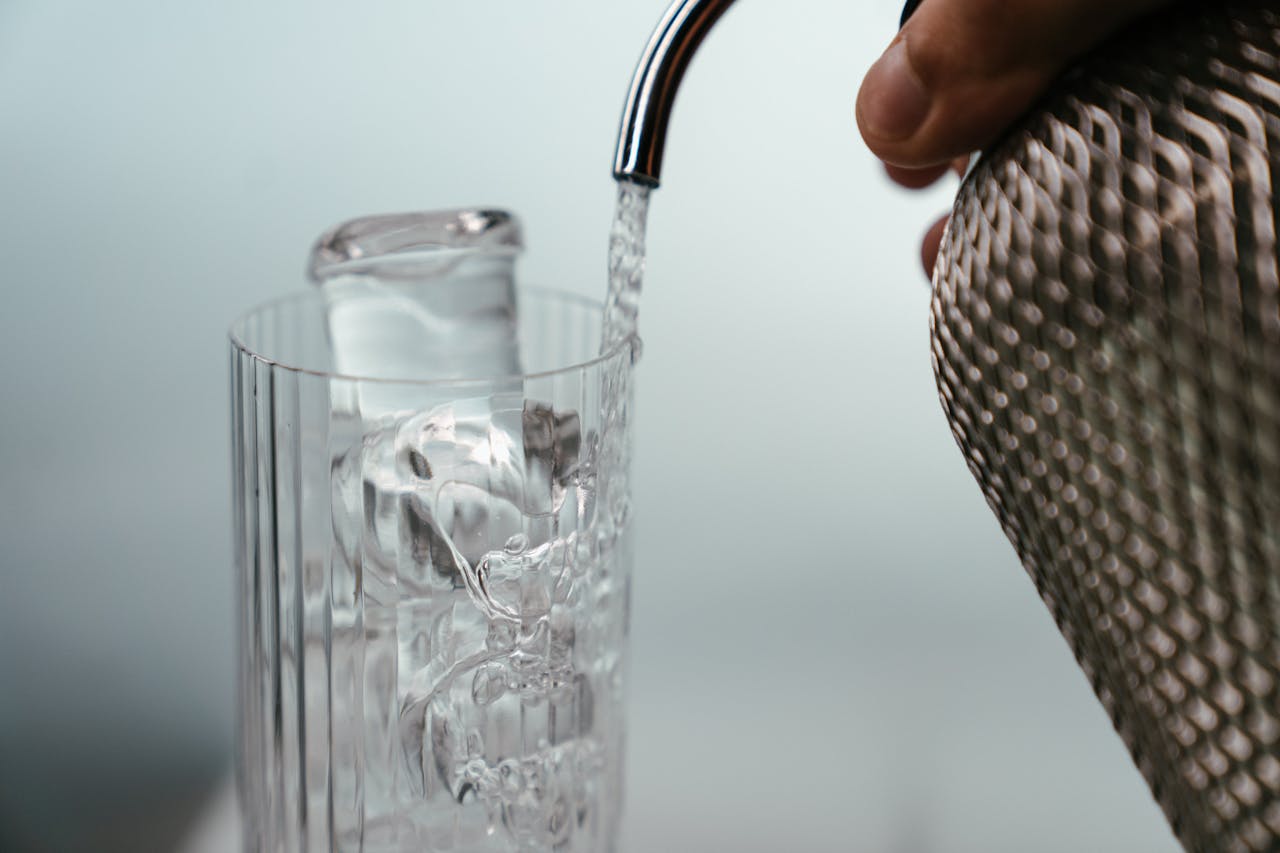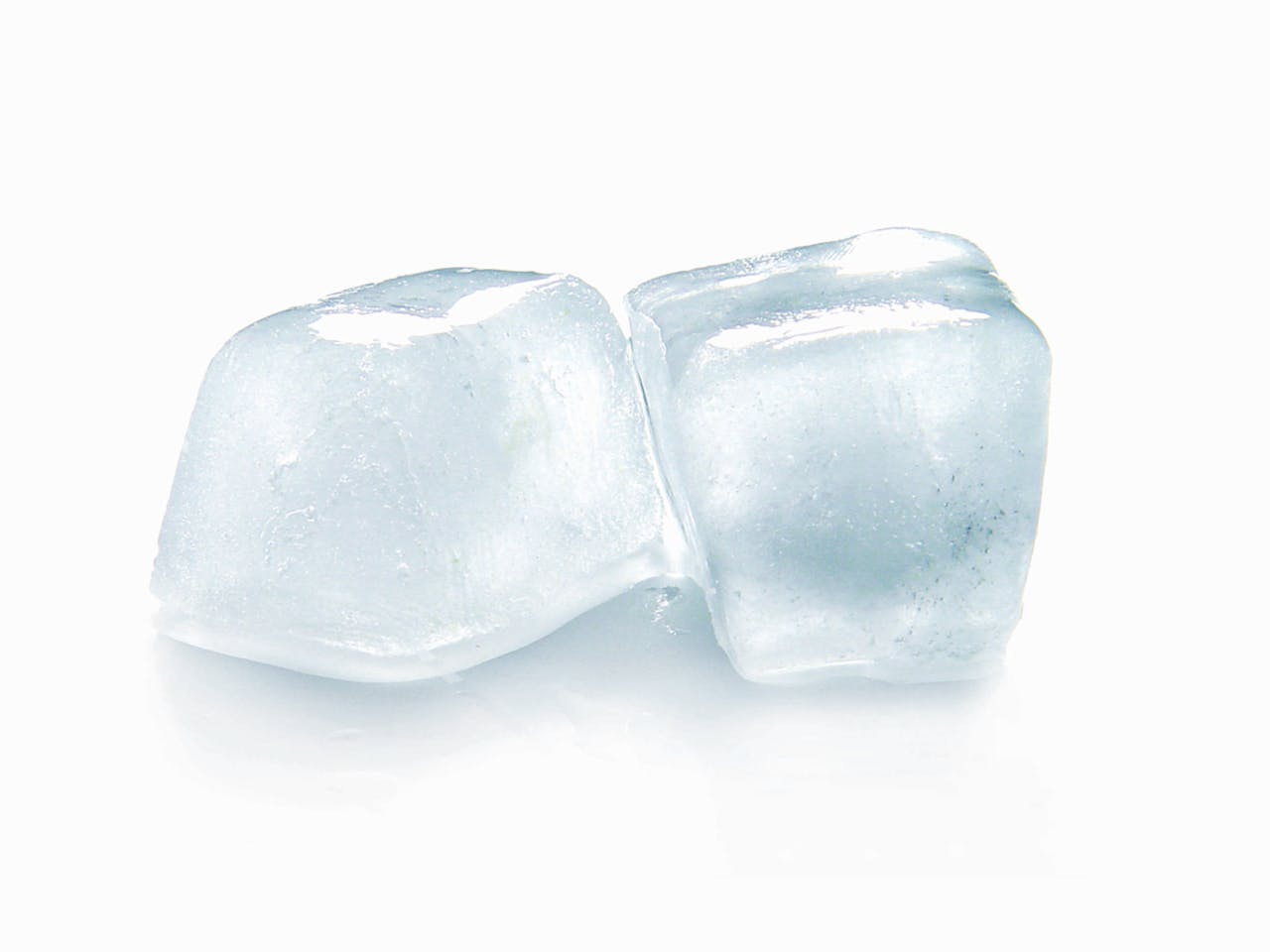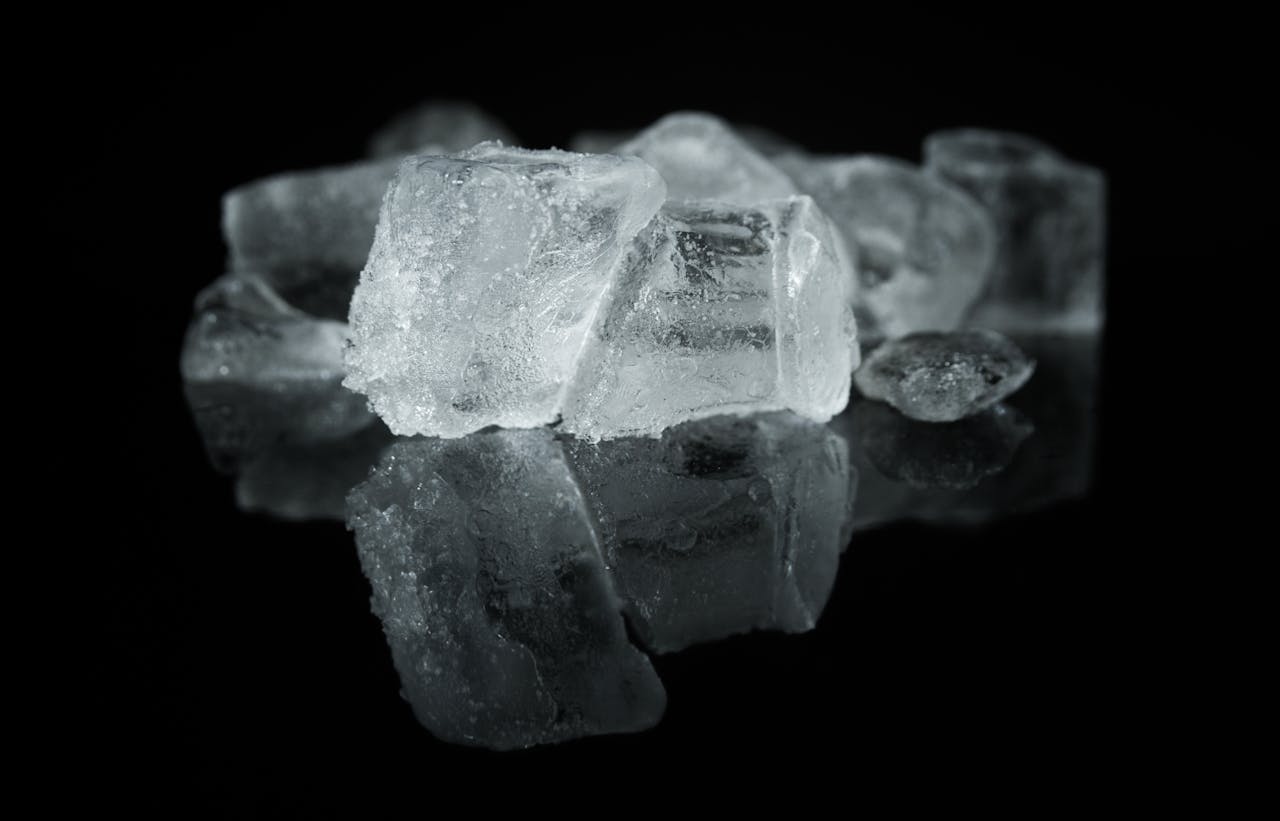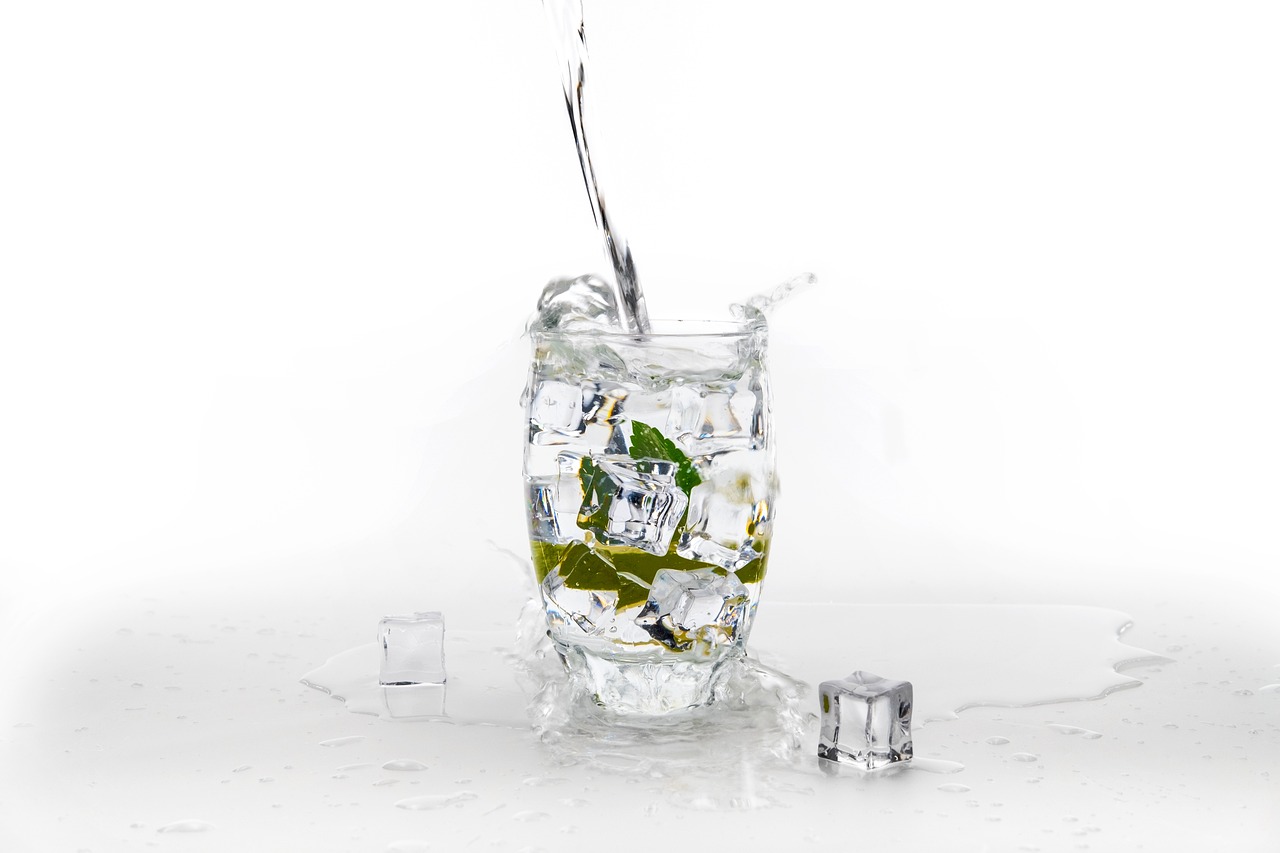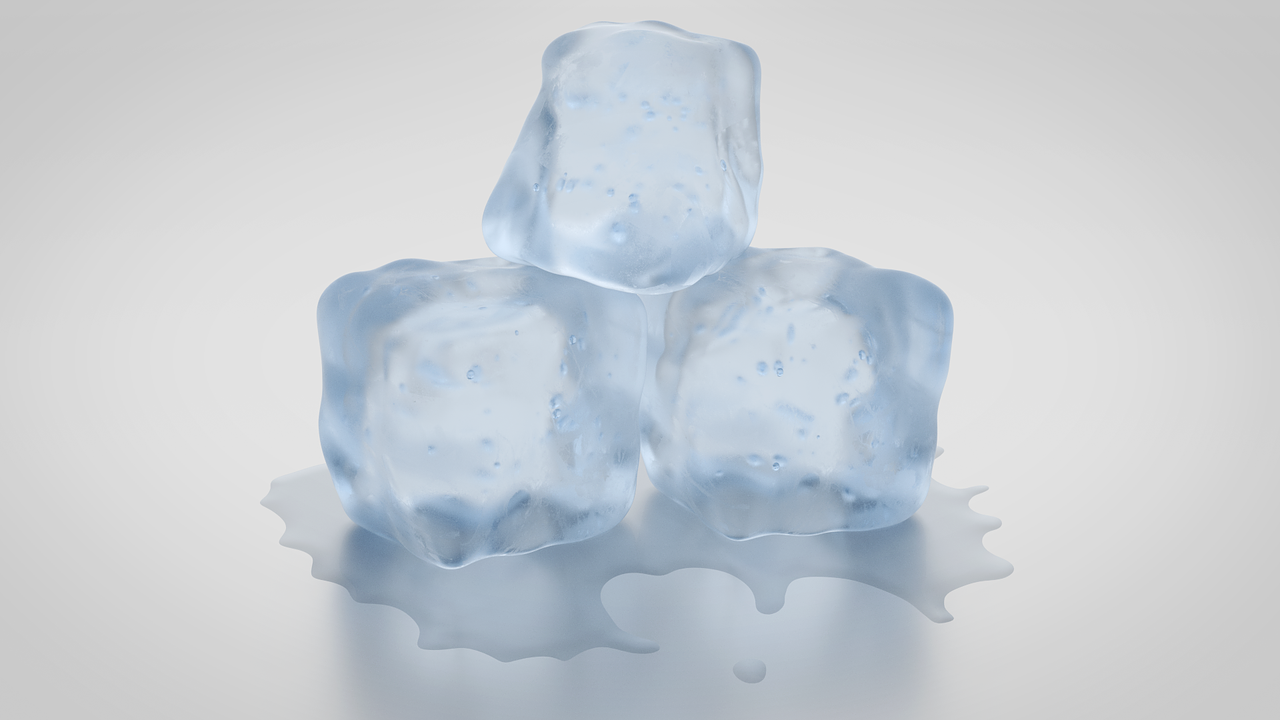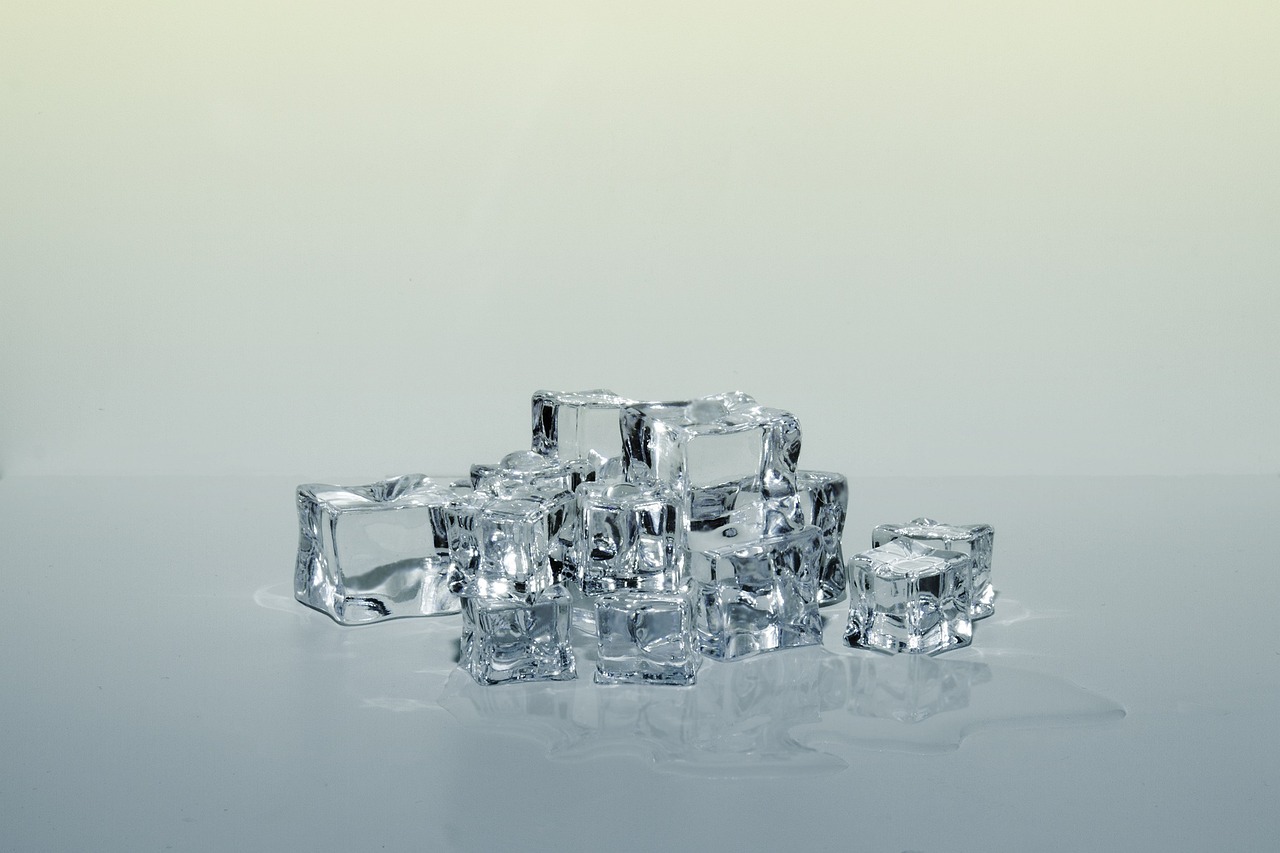Garbage disposals are a modern kitchen convenience that many of us rely on daily. They help us manage food waste efficiently, keeping our kitchens clean and our homes free from unpleasant odors. However, like any appliance, garbage disposals can encounter issues over time. When they do, it’s important to address these problems quickly to avoid further complications and costly repairs.
In this article, we’ll explore five common garbage disposal problems that homeowners frequently face. From clogs to unusual noises, these issues can be frustrating and disruptive, but the good news is that most of them can be fixed with some basic troubleshooting. Whether you’re dealing with a jammed disposal or one that won’t turn on, understanding the root cause can save you time, money, and the hassle of calling in a professional.
We’ll also provide practical tips on how to fix these problems yourself, using simple tools and techniques. While some issues might require the expertise of a plumber, many can be resolved with a little DIY know-how. By the end of this article, you’ll be equipped with the knowledge to keep your garbage disposal running smoothly, ensuring it remains a helpful tool in your kitchen for years to come.
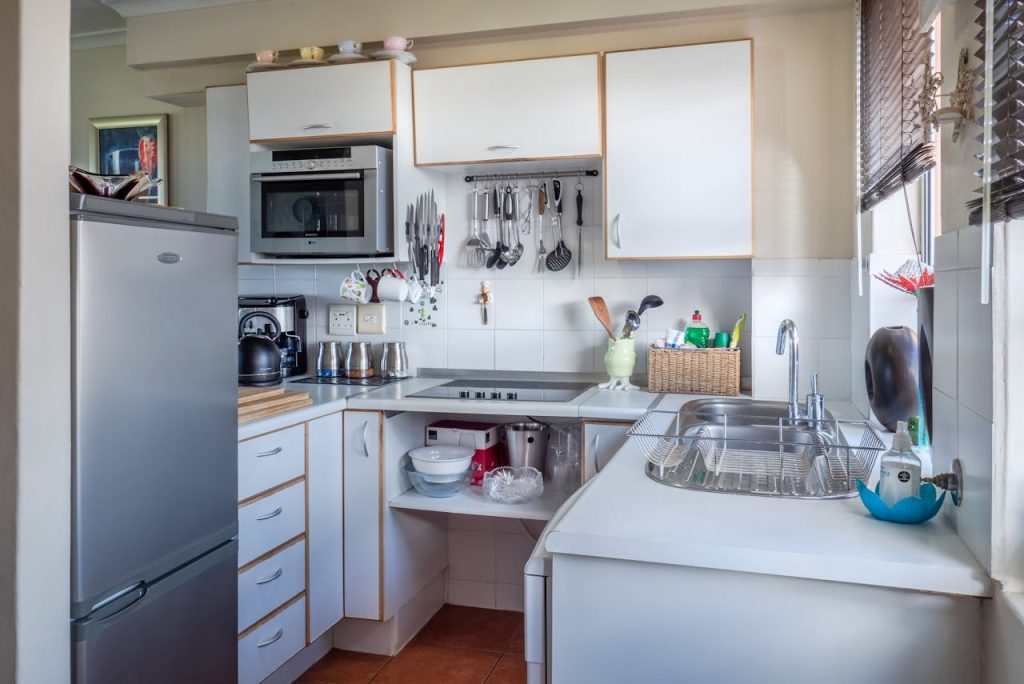
1. Jammed Disposal
A jammed garbage disposal is one of the most common issues homeowners encounter. This typically happens when large or hard objects, such as bones, fruit pits, or non-food items, get stuck in the blades, preventing them from rotating. When the disposal is jammed, you might hear a humming sound when you turn it on, but the blades won’t move, indicating that something is blocking their rotation.
To fix a jammed disposal, start by turning off the power to the unit to avoid any accidents. Using a flashlight, look inside the disposal to identify the object causing the jam. You can use pliers or tongs to carefully remove the obstruction. Many disposals also have a manual reset button or an Allen wrench slot at the bottom of the unit, which can be used to manually rotate the blades and dislodge the jam. Once the obstruction is cleared, restore power and test the disposal to ensure it’s working properly.
Preventing jams in the future involves being mindful of what you put down at your disposal. Avoid disposing of large, hard objects, fibrous foods like celery or corn husks, and items like eggshells that can accumulate and cause clogs. Running cold water while the disposal is in use and for a few seconds afterward can also help flush food particles through the system.
2. Clogged Drain
Clogged drains are another frequent problem with garbage disposals, often caused by a buildup of food particles, grease, or fibrous materials that accumulate in the pipes. When the drain is clogged, water might back up into the sink, creating a mess and preventing the disposal from functioning properly. This issue can be particularly frustrating because it can lead to slow drainage and unpleasant odors in your kitchen.
To clear a clogged drain, start by turning off the disposal and removing any standing water from the sink using a cup or bucket. You can then try using a plunger to dislodge the clog by creating a seal over the drain and plunging up and down several times. If this doesn’t work, a mixture of baking soda and vinegar can help break down the blockage. Pour the baking soda into the drain, followed by vinegar, and allow it to sit for 10-15 minutes before flushing with hot water. In more stubborn cases, a plumber’s snake or auger might be necessary to reach deeper clogs.
Preventing clogs involves being careful about what goes down the disposal and using plenty of water to wash down food particles. Regularly running the disposal with cold water can help keep the pipes clear, and avoiding the disposal of grease, oil, and fibrous materials will reduce the risk of clogs.
3. Leaking Disposal
A leaking garbage disposal can be a serious issue, leading to water damage in your kitchen cabinets and potentially costly repairs. Leaks can occur for several reasons, including loose connections, worn-out seals, or cracks in the disposal unit itself. Depending on where the leak is coming from, it may be a simple fix or require more extensive repairs.
To fix a leaking disposal, first, identify the source of the leak. Check the connections between the disposal and the sink drain, the dishwasher hose, and the disposal’s mounting flange. If the connections are loose, tighten them using a wrench. If the leak is coming from the bottom of the unit, it may be due to a worn-out internal seal or a crack, which usually means the disposal will need to be replaced. For leaks around the sink flange, resealing it with a plumber’s putty can often solve the problem.
Preventing leaks involves regular maintenance of your disposal, such as checking the connections and seals periodically. Avoid overloading the disposal with large amounts of food waste, and be mindful of its age—most disposals have a lifespan of about 10-15 years, after which they may need to be replaced to avoid frequent leaks and other issues.
4. Unusual Noises
Unusual noises coming from your garbage disposal are often a sign that something is wrong. Grinding, rattling, or humming sounds can indicate various issues, from loose parts to foreign objects lodged in the disposal. These noises should not be ignored, as continuing to use the disposal in this condition could cause further damage.
To address unusual noises, first, turn off the disposal and disconnect the power to prevent any accidents. Use a flashlight to look inside the disposal and see if there are any foreign objects, such as utensils, bones, or other debris. If you find anything, carefully remove it with pliers or tongs. If the noise persists after removing any visible obstructions, the problem could be due to loose or worn-out parts inside the disposal. In this case, it may be necessary to consult the manufacturer’s manual or contact a professional to inspect and repair the unit.
Preventing unusual noises involves being cautious about what you put into the disposal. Avoid grinding non-food items, and regularly check the disposal for any loose parts that could cause problems. If your disposal is older and frequently makes strange noises, it may be time to consider replacing it with a newer model.
5. Disposal Won’t Turn On
If your garbage disposal won’t turn on, it can be a frustrating experience, especially if you’re in the middle of cleaning up after a meal. This problem is usually caused by an electrical issue, such as a tripped circuit breaker, a blown fuse, or a faulty switch. It can also occur if the disposal’s internal motor has overheated and triggered a safety mechanism that shuts it down.
To fix a disposal that won’t turn on, start by checking the power source. Ensure that the disposal is plugged in and that the circuit breaker hasn’t tripped. If everything appears to be in order, locate the reset button on the bottom of the disposal unit and press it. This button often resolves issues caused by an overheated motor. If the disposal still doesn’t turn on, the problem might be with the wall switch or the disposal’s internal wiring, in which case you may need to consult an electrician.
Preventing this issue involves using the disposal according to the manufacturer’s guidelines and avoiding overloading it with large quantities of food waste. Regularly running the disposal with cold water helps keep it in good working order, reducing the likelihood of motor strain and electrical problems. If your disposal is older and frequently fails to turn on, it might be time to invest in a new, more reliable unit.
Conclusion
Maintaining a well-functioning garbage disposal is essential for a clean and efficient kitchen. By understanding and addressing common problems such as jams, clogs, leaks, unusual noises, and power issues, you can extend the life of your disposal and avoid costly repairs. While some problems can be fixed with basic troubleshooting, it’s important to know when to seek professional help to ensure the safety and longevity of your appliance. Regular maintenance and mindful usage can go a long way in preventing these issues from occurring in the first place. With the tips provided in this article, you’ll be better equipped to handle any garbage disposal problems that come your way, keeping your kitchen running smoothly.
Zuta Appliance Repair: Transform Your Berkeley Kitchen With Expert Garbage Disposal Repair
In the heart of Berkeley, CA, Zuta Appliance Repair is your trusted partner for maintaining the comfort and functionality of your home. Understanding the essential role your garbage disposal plays in your kitchen, we are dedicated to delivering top-tier repair services. Our expertise not only ensures that your disposal runs smoothly, preventing kitchen disruptions but also helps to optimize your home’s overall efficiency. With Zuta Appliance Repair, you’re not just receiving a service; you’re gaining a commitment to quality, integrity, and environmental responsibility, enhancing both your kitchen’s performance and your quality of life.
Experience comprehensive solutions to all your garbage disposal issues with Zuta Appliance Repair. Our specialized repair services are designed to extend the lifespan of your appliance and keep your kitchen functioning efficiently. Our skilled team, equipped with unmatched expertise and a friendly approach, offers cost-effective and eco-friendly solutions. This is more than just a repair service; it’s about the peace of mind that comes with a smoothly operating home. Choose Zuta Appliance Repair for an improved lifestyle. Contact us now at (415) 592-4633 and let us ensure your garbage disposal remains a reliable component of your daily life, offering convenience, efficiency, and peace of mind.
Disclaimer
The materials available on this website are for informational and entertainment purposes only and not to provide legal or professional advice. You should contact your attorney or home improvement specialist to obtain advice concerning any particular issue or problem. You should not act or refrain from acting based on any content included in this site without seeking legal or other professional advice. The information presented on this website may not reflect the most current home improvement developments. No action should be taken in reliance on the information on this website. We disclaim all liability concerning actions taken or not taken based on any or all of the contents of this site to the fullest extent permitted by law.

